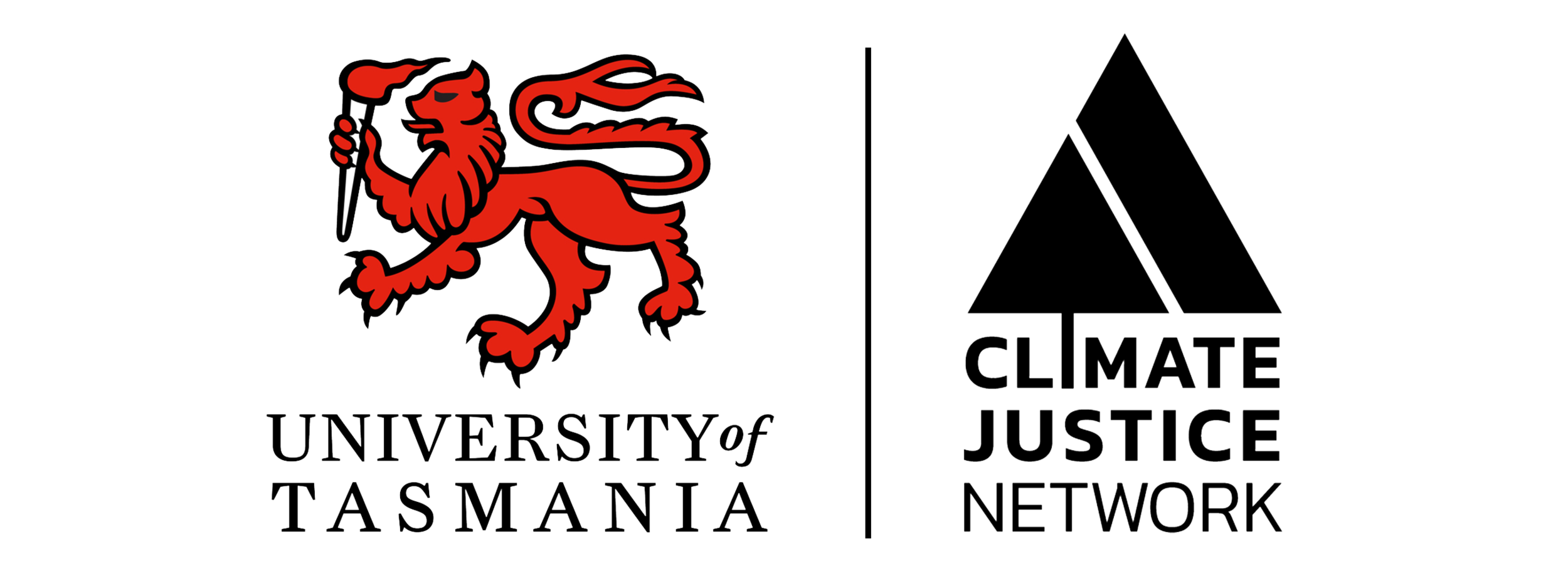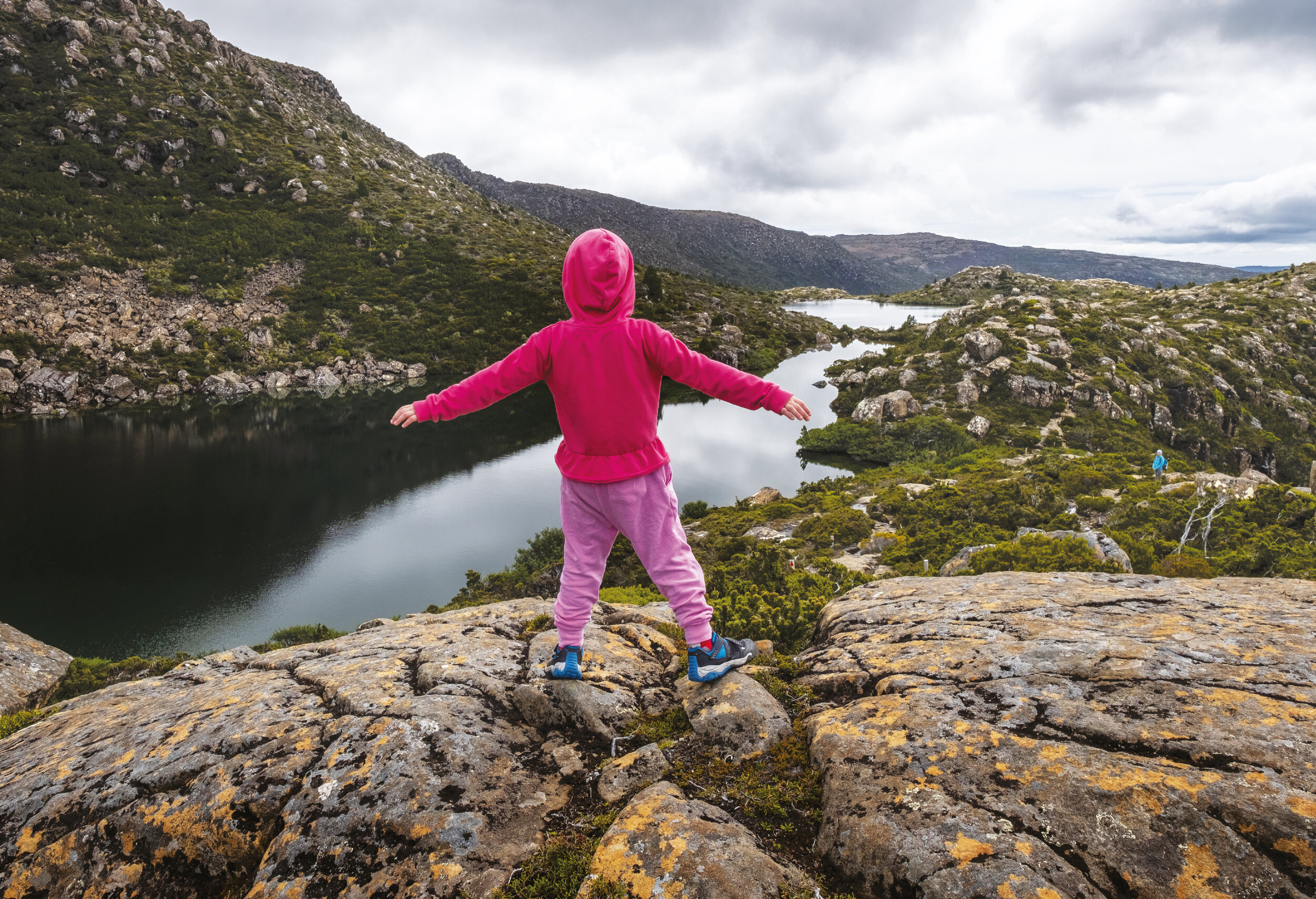Focus on climate litigation
We are relaunching our climate justice network blog with a great survey of climate litigation, People over profits: Learning from the rise in climate change lawsuits by Rebecca Bynes, a policy analyst with the Grantham Research Institute at the London School of Economics and Politic Science, which draws on her work with Dr Joana Setzer in the Institute’s policy report ‘Global trends in climate change litigation: 2019 snapshot’ (July 2019). This piece is essential reading for anyone following the many climate lawsuits from around the world. You can also keep up to date by following Columbia University’s great climate decisions collection: http://climatecasechart.com
We follow the Grantham Institute’s research and suggest having a look at their website and recent posts, for example, see Professor Sam Fankhauser’s blog on Why we need more social science research on climate change, http://www.lse.ac.uk/GranthamInstitute/news/why-we-need-more-social-science-research-on-climate-change/?mc_cid=65aa6936b2&mc_eid=2626fbb102
29 May 2019
UTLR Special Issue on Climate Justice
We are delighted to announce the Climate Justice Special Issue of the University of Tasmania Law Review is now available. This Special Issue is entitled 'Imagining a Different Future: Overcoming Barriers to Climate Justice’ and grew out of our climate justice conference in 2018. It is vol.37 number (2) 2018 and is available in print and also free online to ensure wide dissemination given of the urgency of climate change and the importance of justice considerations.
Articles
Introduction to the Special Issue: Imagining a Different Future, Overcoming Barriers to Climate Justice by Nicky van Dijk, Jan Linehan and Peter Lawrence
Imagining Different Futures through the Courts: A Social Movement Assessment of Existing and Potential New Approaches to Climate Change Litigation in Australia by Danny Noonan
Justice and Climate Transitions by Jeremy Moss and Robyn Kath
Ecocide and the Carbon Crimes of the Powerful by Rob White
Individual Moral Duties Amidst Climate Injustice: Imagining a Sustainable Future by Steve Vanderheiden
Lawfare, Standing and Environmental Discourse: A Phronetic Analysis by Brendon Murphy and Jeffrey McGee
Climate, Culture and Music: Coping in the Anthropocene by Simon Kerr (Non-Peer Reviewed Article)
Peter and Jan edited the Special issue and thank all the contributors and the student editors Kathryn Ellis, Frances Medlock, Rose Mackie and Taylor Bachand for their editorial and administrative assistance.
An electronic copy of the special issue is available on the University of Tasmania Law Review website.
15 May 2019
Voices of the Future
Future Generations & Climate Change
Young people and future generations will suffer most from the impacts of climate change. Yet their interests are not reflected in climate change decision-making, planning or law. This situation raises issues of fairness and justice and places the burden of inaction on young people and future generations. There are models in other countries that address some of these issues, such as parliamentary commissioners or independent administrative officers. More research and public discussion is needed to find appropriate and effective climate change institutions and governance models, including ones that represent the interests of future generations.
Voices of the Future is a series of three events aimed at discussing the best way to represent the issues of future generations and young people in climate change planning in the context of Tasmania, and more broadly. Voices of the Future is centered around a meeting of experts from around the world on intergenerational justice and environmental and human rights governance at the University of Tasmania’s Faculty of Law. This meeting will be preceded by a community forum and a youth workshop aimed at connecting experts in this area with Tasmanians and raising awareness about these issues.
Expert’s Workshop: 28 July 2019 (By invitation only)
Youth Workshop
27 June 2019
3.30-5.30PM
Hobart Town Hall
Sign up here.
Community Forum
27 June 2019
6:30-8:30PM
Hobart Town Hall
Find out more here.
10 October 2018
Geoengineering
The Next Frontier of Climate Change Policy?
The University of Tasmania is hosting a public panel & forum on potential geoengineering climate interventions and their and governance. It will involve leading local and visiting scientists, philosophers and community representatives.
Hosted by Australian Forum for Climate Intervention Law and Governance, and supported by the Faculty of Law, IMAS and the Climate Justice Network.
Tuesday, October 23, 2018
5:30 PM – 7:00 PM AEDT
University of Tasmania, Sandy Bay Campus
Find out more
10 February 2018
What Next?
Imagining a Different Future: Overcoming Barriers to Climate Justice involving more than 80 speakers and 125 participants has come to a close. In 2018, we are focussing on uploading the video and audio recordings of talks from the conference to this website, contributing to a special edition of the University of Tasmania Law Review on climate justice, and thinking about the next steps, and events.
Stay tuned for more.
01 february 2018
Imagining a Different Future
Overcoming Barriers to Climate Justice






